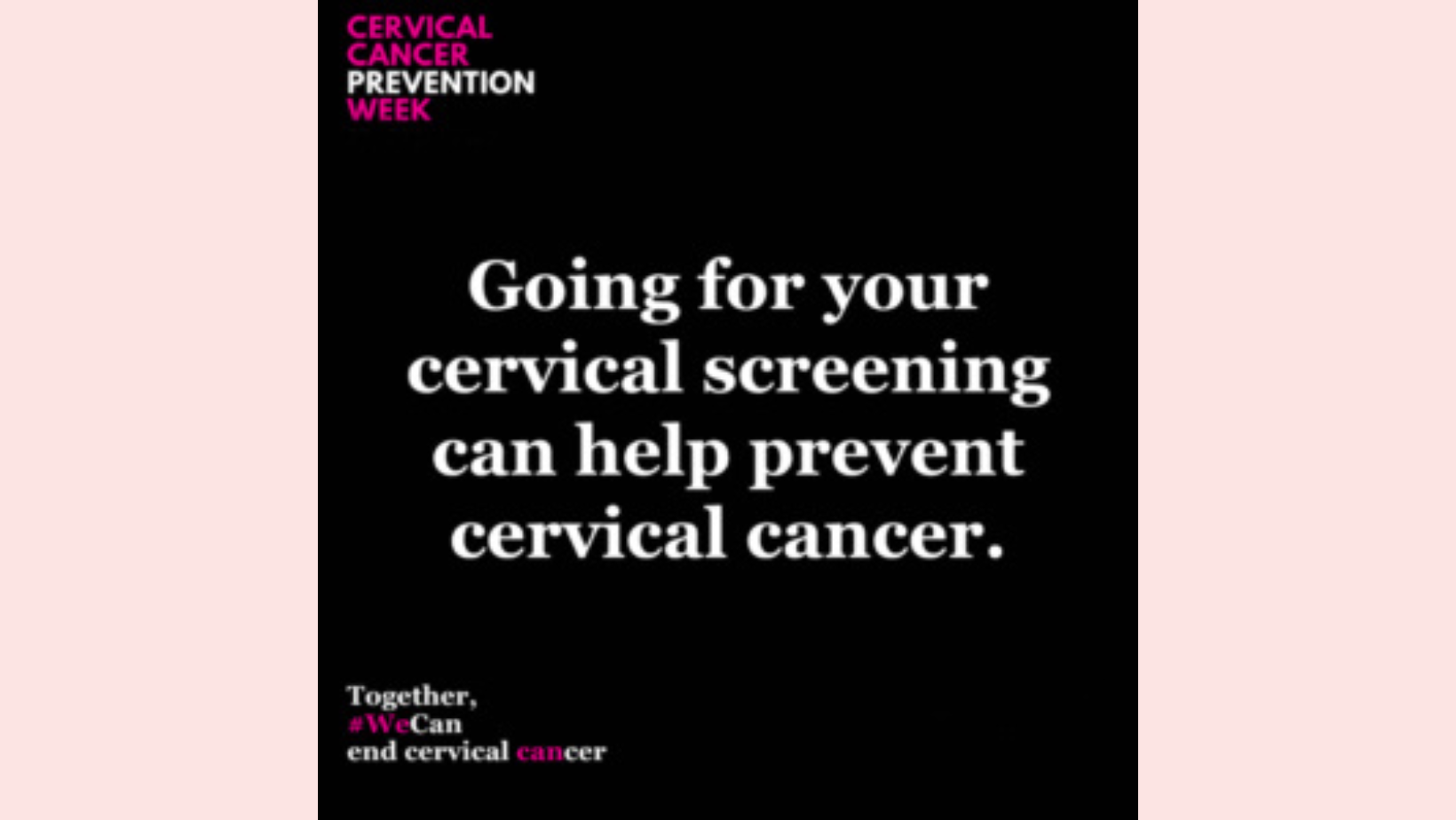News
Cervical Cancer Prevention Week 2025

This month marked Cervical Cancer Prevention Week. We are sharing resources on cervical screening which we hope you and the people you support will find helpful.
1 in 3 women and people with a cervix are missing their cervical screening tests, which can prevent cancer.
Cervical screening tests for the presence of a virus called HPV, which can cause cancer of the cervix. It is offered to women and people with a cervix aged 25 to 64 in the UK and with 30 to 35-year-olds being at highest risk of cervical cancer.
Barriers to cervical cancer screening
One reason why some are missing their tests is due to a misconception that those who have had the HPV vaccine don’t need to be tested. But screening is the only method currently available to check that the cervix is in healthy condition. Cervical cancer screening is important even who have been vaccinated because it enables health services to remove unhealthy cells before they develop into cancer.
Health inequalities also impact cervical cancer screenings. Prevent Cancer Foundation found that people from LGBTQ+ communities are less likely to access them due to a history of discrimination in health services.
Healthwatch has identified regional disparities in access to cervical cancer screenings and highlights that people with a learning disability are not always provided with accessible information about the cervical screening test.
Cancer Research UK notes how age, ethnicity and caring responsibilities also impact the accessibility of cervical screening tests.
Adjustments to support for people in cervical cancer screening
The screening should not be painful but may be uncomfortable. However, adjustments can be made to help ease the process.
A female doctor or nurse can be requested to conduct the screening.
A friend, carer or relative can accompany the person undergoing a screening to provide support.
The Eve Appeal found that half of women asked in a YouGov survey in January 2025 were not aware they could ask for their cervical screening test to stop at any point, and 77% were not aware that they could request a smaller size speculum.
The screening itself should only last for a couple of minutes and the whole appointment usually takes around 10 minutes. However, requests can be made for a longer appointment.
Further Information
- NHS information on cervical cancer screening
- NHS Easy Read booklet about cervical screening
- Video: Accessing cervical screening with the right support for people with a learning disability
- Cervical Cancer Prevention Week 2025 – Frequently Asked Questions
- What adjustments can you ask for at your cervical screening? The Eve Appeal
- Cervical Screening for Trans and Non-Binary People, Cancer Research UK





